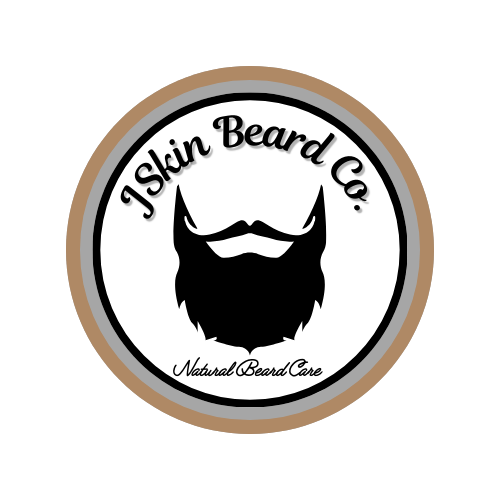The Science of Beard Growth: Facts, Myths & Proven Tips
The Science Behind Beard Growth: What Really Works and What's a Myth
Growing a beard can be a source of pride, identity, and style. But for many men, it also comes with questions: Why does my beard grow patchy? Is there a way to make it grow faster? Do beard oils actually work, or are they just marketing hype?
In this post, we’ll dive deep into the science of beard growth and separate the real solutions from the popular myths.
How Does Beard Hair Grow?
Facial hair grows from hair follicles located in the dermis layer of your skin. These follicles are sensitive to androgens — male hormones like testosterone and dihydrotestosterone (DHT).
Key Phases of Hair Growth:
-
Anagen (Growth Phase): This is the active growth stage that lasts 2-6 years.
-
Catagen (Transition Phase): A short phase where growth stops.
-
Telogen (Resting Phase): Hair rests before falling out and being replaced.
The length and thickness of your beard depend largely on genetics and hormone levels.
What Really Affects Beard Growth?
1. Genetics
Your DNA determines the number of hair follicles you have and how responsive they are to testosterone. Some men naturally grow thicker beards, while others may always struggle with patchiness.
2. Hormones (Testosterone and DHT)
Higher levels of testosterone and DHT (dihydrotestosterone) usually correlate with thicker, fuller beards. However, even men with normal levels can grow full beards if their follicles are highly responsive.
3. Age
Beard growth typically improves with age. Most men see fuller growth in their late 20s to early 30s.
4. Nutrition
Vitamins and minerals like biotin, zinc, vitamin D, and omega-3 fatty acids support healthy hair growth. A balanced diet plays a key role.
5. Lifestyle Factors
-
Sleep: Regulates hormone levels and cell regeneration.
-
Stress: High stress can impact hair growth negatively.
-
Exercise: Boosts testosterone and circulation, which can support growth.
Beard Growth Myths Debunked
Myth #1: Shaving Makes Your Beard Grow Thicker
False. Shaving only cuts hair at the surface and has no impact on follicle activity or thickness.
Myth #2: Beard Oils Make Hair Grow
Partially false. Beard oils don’t trigger new growth, but they nourish the skin and beard, creating the optimal environment for growth and minimizing breakage.
Myth #3: Everyone Can Grow a Full Beard If They Try Hard Enough
Not true. Genetics play a dominant role. You can improve what you have, but you can't override your DNA.
Myth #4: More Testosterone Means a Better Beard
Not always. What matters more is how your hair follicles respond to testosterone and DHT.
What You Can Do to Support Beard Growth
-
Maintain a Healthy Diet Focus on whole foods rich in vitamins B, D, zinc, and healthy fats.
-
Use Beard Oil and Conditioner These hydrate your skin and soften your beard, reducing itch and promoting a healthy foundation for growth.
-
Stick to a Routine Regular grooming, washing, and moisturizing can make a noticeable difference over time.
-
Get Enough Sleep & Reduce Stress Hormones like testosterone are produced during sleep. Poor sleep = poor beard.
-
Consider Supplements (Cautiously) Biotin, vitamin D, and collagen are often used to support hair growth. Always consult a professional before starting any regimen.
When to Seek Professional Help
If you’ve tried everything and still struggle with growth, a dermatologist or trichologist can evaluate for underlying issues like alopecia, hormonal imbalances, or skin conditions.
Final Thoughts
Growing a healthy beard isn’t just about slathering on products—it’s about understanding how your body works. Focus on the science: good health, proper care, and realistic expectations.
While beard oils don’t magically create hair, they do support the growth environment – and when paired with the right habits, they can help you get the most from your beard.
Want to give your beard the best start? Check out our natural beard oils formulated to nourish your skin, reduce irritation, and support fuller growth.
